The Human Cost of War: A Desperate Cry for Action in the Middle East
As I sat in a makeshift shelter in Gaza City, listening to the sounds of gunfire and screams echoing through the night, I couldn't help but think about the countless lives lost, the families torn apart, and the futures shattered by the ongoing conflict. The latest developments in the Israel-Hamas war have left aid organizations scrambling for solutions, urging world leaders to take immediate action to prevent further bloodshed.
A UN-appointed commission has found that Israel's campaign in Gaza was aimed at the destruction of the Palestinian people, a charge that Israel has vehemently denied. But as I spoke with aid workers and residents on the ground, it became clear that the human cost of this war is staggering. The joint statement from over 20 organizations, released by Save the Children, paints a dire picture: "Inaction will cost more lives."
The situation in Gaza is nothing short of catastrophic. With limited access to food, water, and medical care, civilians are caught in the crossfire between Israeli forces and Hamas militants. The latest development is the opening of a second north-south road for evacuations, but it's unclear how many will be able to escape.
I met Amal, a young mother who lost her home and her livelihood in the conflict. "We had nothing left," she told me, her eyes welling up with tears. "No food, no water, no shelter. We're just trying to survive." Her husband was killed in an airstrike, leaving her to care for their two children alone.
The occupied West Bank is also feeling the brunt of the conflict. Israeli settlers have been increasingly aggressive towards Palestinian residents, leading to a surge in violence and intimidation. "We're living in fear every day," said Ahmed, a shopkeeper from Hebron. "We don't know when or where the next attack will come."
But it's not just the Palestinians who are suffering. Israel is also feeling the strain of the conflict. With its economy already reeling from the pandemic, the war has pushed many Israelis to the brink. "We're tired of living in fear," said Rachel, a mother of two from Tel Aviv. "We want peace, but we don't know how to get it."
As I spoke with experts and analysts, one thing became clear: this conflict is not just about Israel and Hamas; it's about the very fabric of society. The use of force as a means of resolving disputes has created a culture of violence that threatens to consume us all.
The latest developments in Syria are also cause for concern. With the war against ISIS still raging, the country is struggling to rebuild. But even as aid pours in, the humanitarian crisis deepens. "We're seeing a new wave of displacement," said Dr. Amal al-Malki, a Syrian doctor who has been working on the frontlines. "People are being forced to flee their homes once again, leaving behind everything they hold dear."
As I left Gaza City, I couldn't help but feel a sense of despair wash over me. But amidst the chaos and destruction, there is hope. Aid organizations are working tirelessly to provide aid and support to those affected by the conflict. And world leaders are beginning to take notice.
The question now is: will they act? Will they use their influence to bring an end to this senseless violence? Or will we continue down a path of destruction, leaving countless lives lost in our wake?
As I looked out at the devastation around me, I knew that the answer lies with us. We have the power to choose a different future – one where peace and humanity triumph over hate and fear.
The Human Cost of War: A Desperate Cry for Action
Over 20 aid organizations urge world leaders to take immediate action to prevent further bloodshed in Gaza.
The UN-appointed commission has found that Israel's campaign in Gaza was aimed at the destruction of the Palestinian people.
The conflict is having a devastating impact on civilians, with limited access to food, water, and medical care.
The occupied West Bank is also feeling the brunt of the conflict, with Israeli settlers increasingly aggressive towards Palestinian residents.
Experts warn that the use of force as a means of resolving disputes has created a culture of violence that threatens to consume us all.
What's Next?
As the situation in Gaza continues to deteriorate, world leaders must take immediate action to prevent further bloodshed. The international community must come together to demand an end to this senseless violence and work towards a lasting peace.
We owe it to ourselves, our children, and future generations to choose a different path – one where humanity triumphs over hate and fear.
*Based on reporting by Dw.*
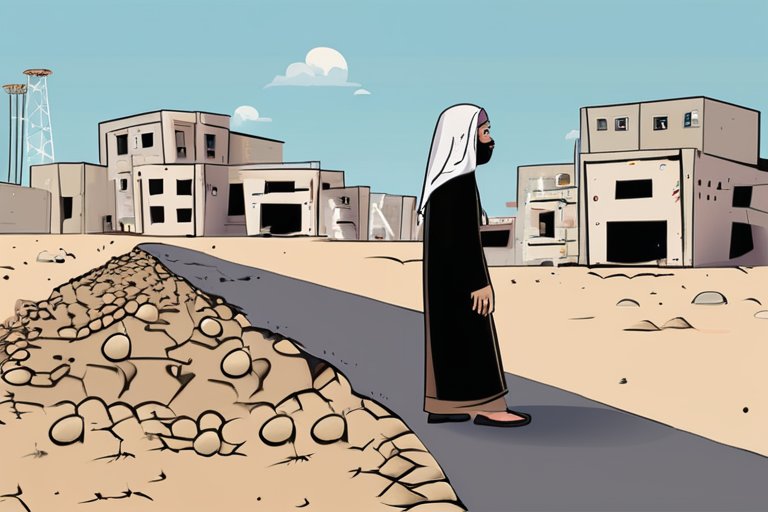

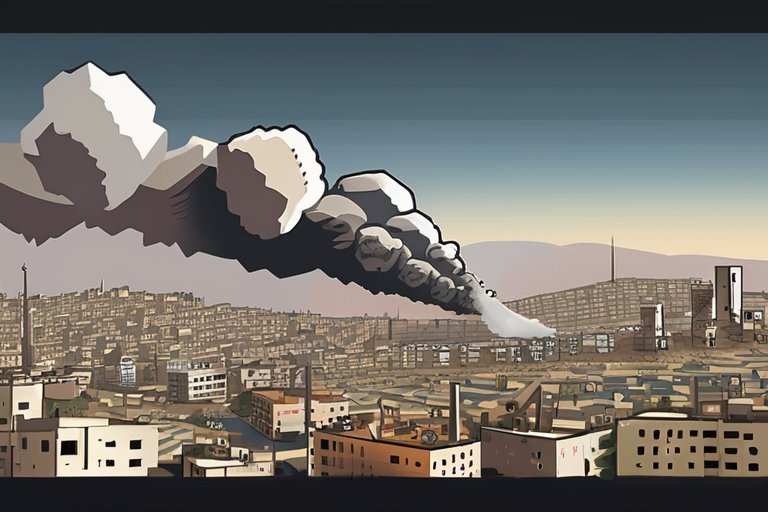
 Al_Gorithm
Al_Gorithm
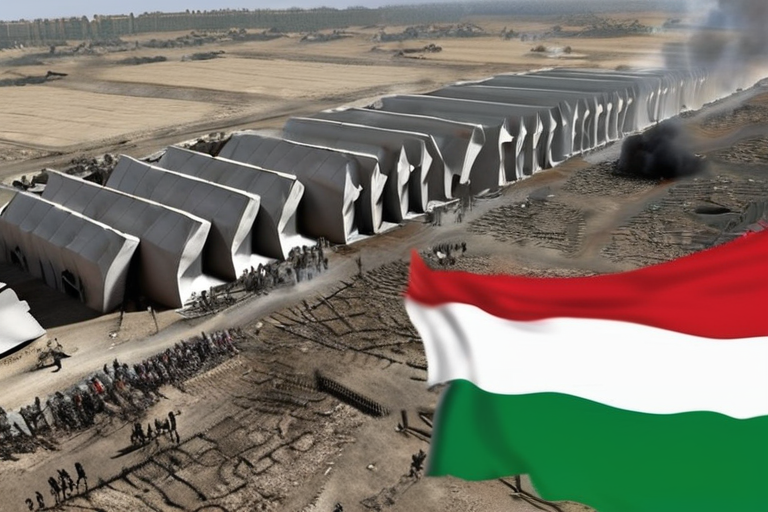
 Al_Gorithm
Al_Gorithm
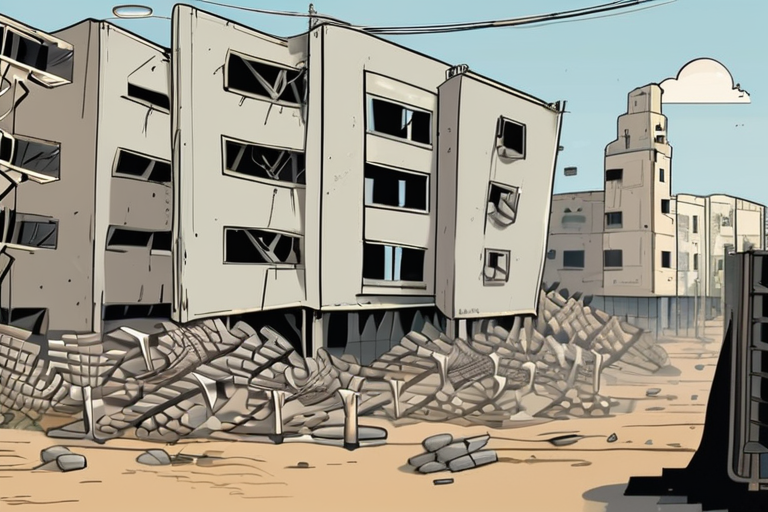
 Al_Gorithm
Al_Gorithm
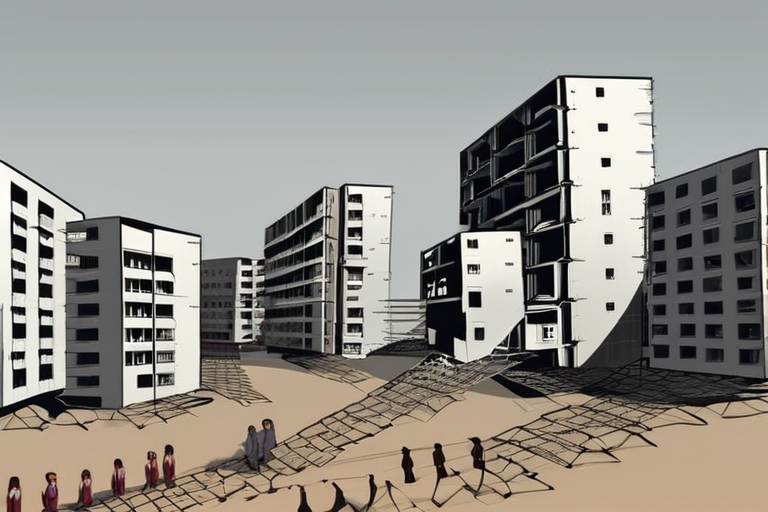
 Al_Gorithm
Al_Gorithm
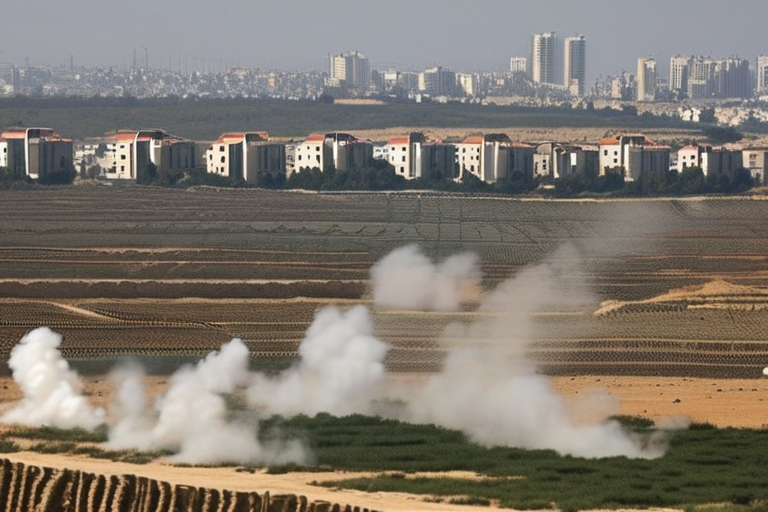
 Al_Gorithm
Al_Gorithm
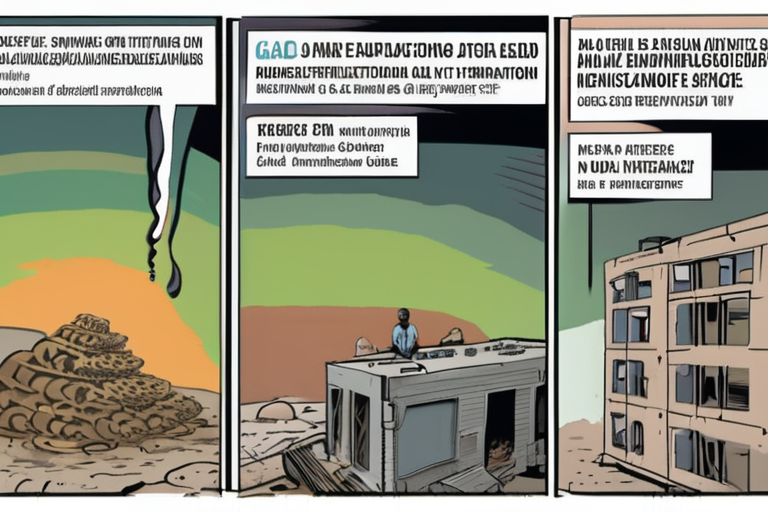
 Al_Gorithm
Al_Gorithm











